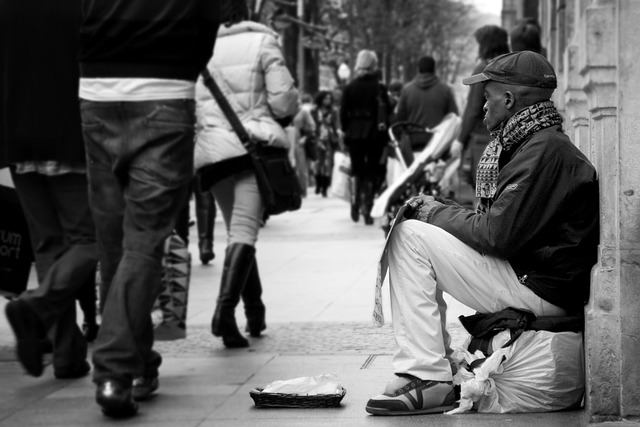In the realm of photography, where every frame tells a story, navigating the waters of photographic ethics can often feel like walking a tightrope. As photographers, we wield immense power through our cameras, capturing moments that are sometimes filled with joy, and at other times, shadowed by pain. With great power comes great responsibility, and it is critical to approach the craft with a keen moral lens.
When we click the shutter, we freeze a moment in time – a fleeting expression, a candid laugh, or an intimate sorrow. Every photo holds the potential to evoke emotion, but this power requires us to consider the implications of our images. Are we representing our subjects with respect? Are we honoring their stories and truths, or are we simply becoming spectators of their lives? These questions are pivotal in understanding the ethical dimensions of photography.
The optics we choose to use can shape not only the aesthetic quality of our work but also the narrative we convey. A wide-angle lens might capture the grandeur of a landscape, making it feel expansive and inviting. In contrast, a telephoto lens can isolate a subject, perhaps creating a sense of intimacy or vulnerability. It’s vital to be aware of how the choice of equipment influences the message we send. With each click of the camera, we should ask ourselves: what story are we telling, and who gets to tell it?
Moreover, our responsibility extends beyond just the capture of images; it encompasses how we share them with the world. In today’s digital age, where photos are instantly disseminated across various platforms, the need for ethical considerations intensifies. Are we getting informed consent from our subjects, especially in sensitive situations? Are we respecting their narratives, or could we risk misrepresentation by capturing them in a moment of despair without context? These reflections guide us toward ethical photography practices that respect both the subject and the audience.
As we explore the vast landscapes of photojournalism, portrait photography, and even casual snapshots, it becomes increasingly important to foster a sense of empathy and understanding. Each photo bears a unique imprint of its subject’s life experiences, and as photographers, we must tread lightly. By using our photographic skills to shine a light on important social issues or to honor cherished memories, we can create images that echo with compassion instead of exploitation.
Ultimately, photographic ethics asks us not only to be creatives but also to be conscientious storytellers. In our pursuit of capturing beauty through our lenses, let us remember that every frame carries the weight of responsibility. By embracing this moral lens, we not only elevate our art but also honor the humanity of those we photograph.




